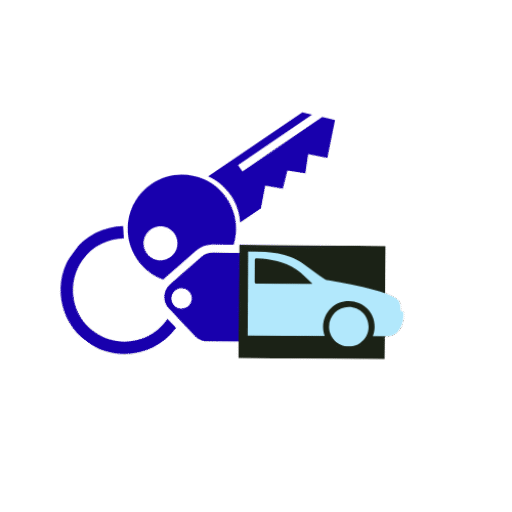Non-Owner Car Insurance: The Smart Way to Stay Protected Without Owning a Vehicle
For some people, driving is an occasional activity—a quick errand, a weekend getaway, or a temporary necessity while traveling. For others, owning a car full-time simply doesn’t make sense. But here’s an important question many overlook: what happens if you’re behind the wheel and something goes wrong?
That’s where non-owner car insurance comes in. It’s a practical, often-overlooked safeguard that protects you when driving a vehicle you don’t own. Think of it as insurance that follows the driver, not the car—ideal for those who rent vehicles frequently, borrow cars, or use car-sharing services.
What Is Non-Owner Car Insurance?
Non-owner car insurance is designed for people who don’t own a vehicle but occasionally drive one. It provides essential protection when you operate someone else’s car, covering injuries or property damage you may cause in an accident.
Unlike standard car insurance, which is tied to a specific vehicle, this policy covers you as a driver. It’s a flexible and cost-effective option for those who drive occasionally but still want reliable coverage.
Most non-owner policies include:
- Liability coverage for bodily injury and property damage
- Uninsured/underinsured motorist protection, covering you if the other driver lacks adequate insurance
- Medical payments or personal injury protection, depending on local requirements
The cost is typically a fraction of a standard auto policy—often just a few hundred dollars a year. Pricing depends on your driving record, coverage limits, and location, but overall, it’s an affordable way to stay protected without owning a vehicle.
What Non-Owner Insurance Does Not Cover
While non-owner insurance provides valuable protection, it’s important to understand its limits. It doesn’t cover everything, and knowing these exclusions can help you avoid surprises later.
Non-owner insurance typically does not include:
- Comprehensive coverage (theft, vandalism, or weather-related damage)
- Collision coverage (damage to the car you’re driving if you cause an accident)
- Towing or roadside assistance
- Rental reimbursement if the vehicle is being repaired
In short, non-owner insurance protects others from your mistakes—but it doesn’t pay for damage to the car you’re driving.
Who Offers Non-Owner Car Insurance?
Many major insurance providers offer non-owner coverage, though availability and eligibility requirements can vary. Some insurers only provide it to existing customers, while others allow you to purchase it separately.
Getting started is simple—you’ll usually just need:
- A valid driver’s license
- A payment method
- Basic personal and driving history
Always compare quotes from multiple insurers to find the best rate and coverage level. Even though this policy type is affordable, prices can differ significantly depending on your profile and provider.
Alternative Options for Occasional Drivers
If you drive infrequently, there are other coverage options that may suit your lifestyle:
- Collision Damage Waiver (CDW) – Offered by rental car companies or certain credit cards, this covers damage or theft of a rental vehicle. It does not include liability coverage, so you may need additional protection.
- Third-Party Rental Insurance – Some independent insurers and booking platforms offer short-term rental insurance that includes both liability and collision coverage.
- Car-Share or Ride-Share Protection Plans – Many shared mobility services include limited insurance coverage, but the limits may be low. Supplemental insurance can provide extra protection.
Why Non-Owner Insurance Might Be Right for You
If you don’t own a vehicle but still get behind the wheel occasionally, non-owner car insurance offers peace of mind you might not realize you need. It’s ideal for:
- Frequent renters who want consistent protection without relying on costly rental coverage
- Drivers who occasionally borrow cars from friends or family
- People between vehicles who want to keep continuous insurance coverage
- Individuals who use ride-share or car-share services but want added financial protection
Ultimately, non-owner insurance fills an important gap. It keeps your driving record active, shields you from liability, and provides financial security whenever you drive.
The Bottom Line
Owning a car isn’t the only reason to carry insurance. Non-owner car insurance is an affordable, practical way to stay protected—especially if you drive occasionally but don’t want to risk being uninsured.
It’s the unsung hero of modern mobility—quietly offering protection, flexibility, and peace of mind for drivers who move between vehicles but still value safety on every trip.
Whether you’re renting for a short getaway, borrowing a friend’s car, or using a shared vehicle, having non-owner insurance means you’re covered wherever the road takes you.

